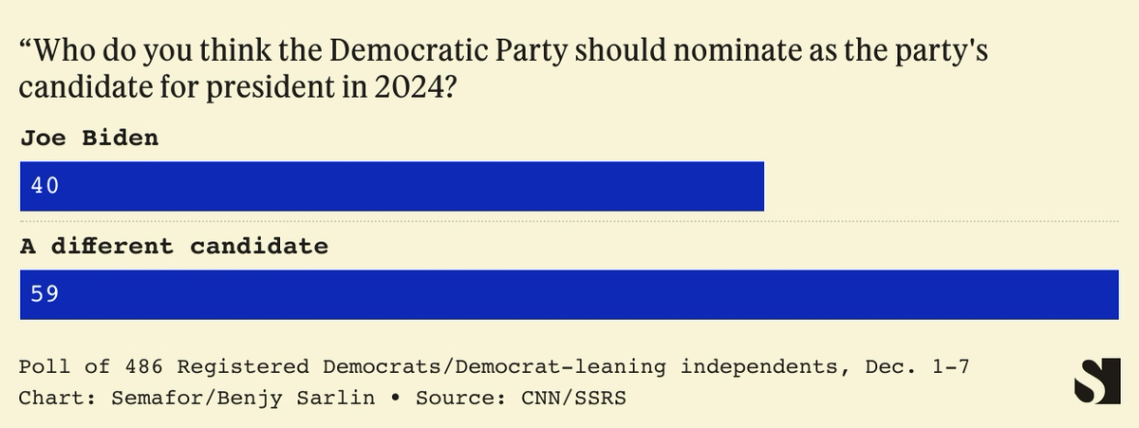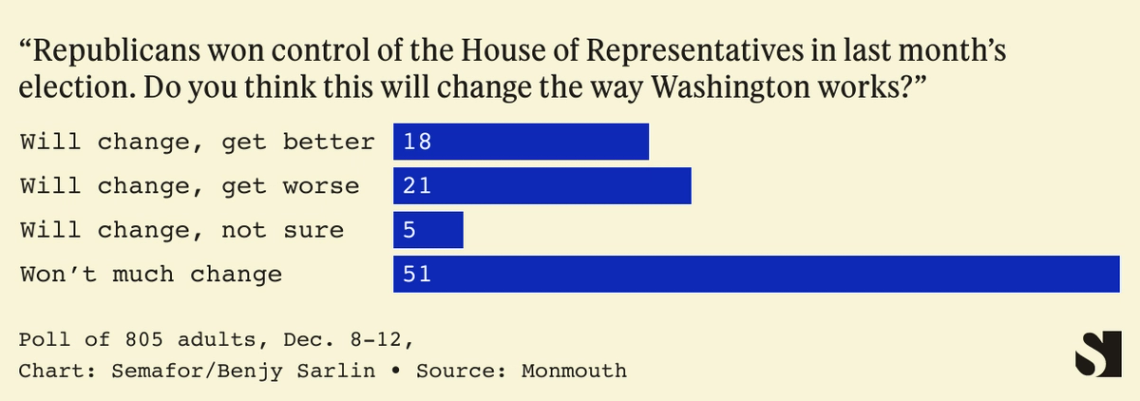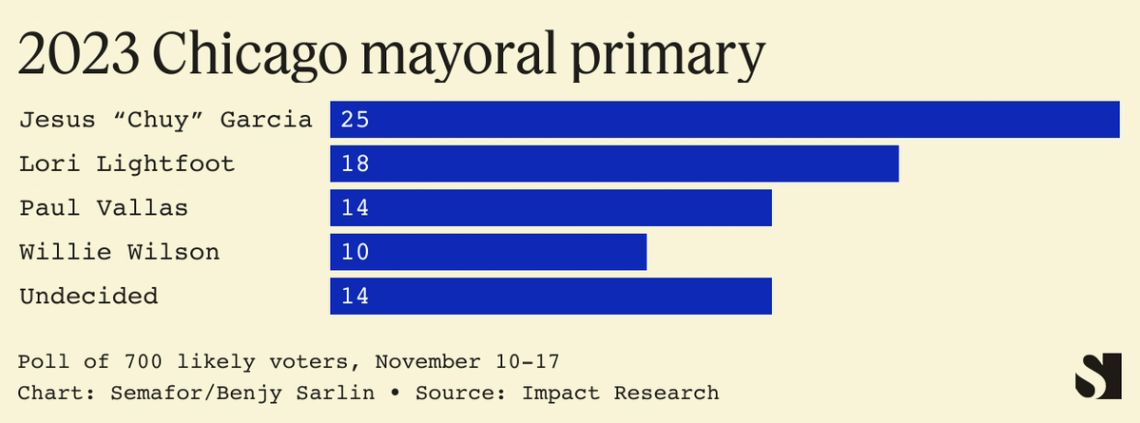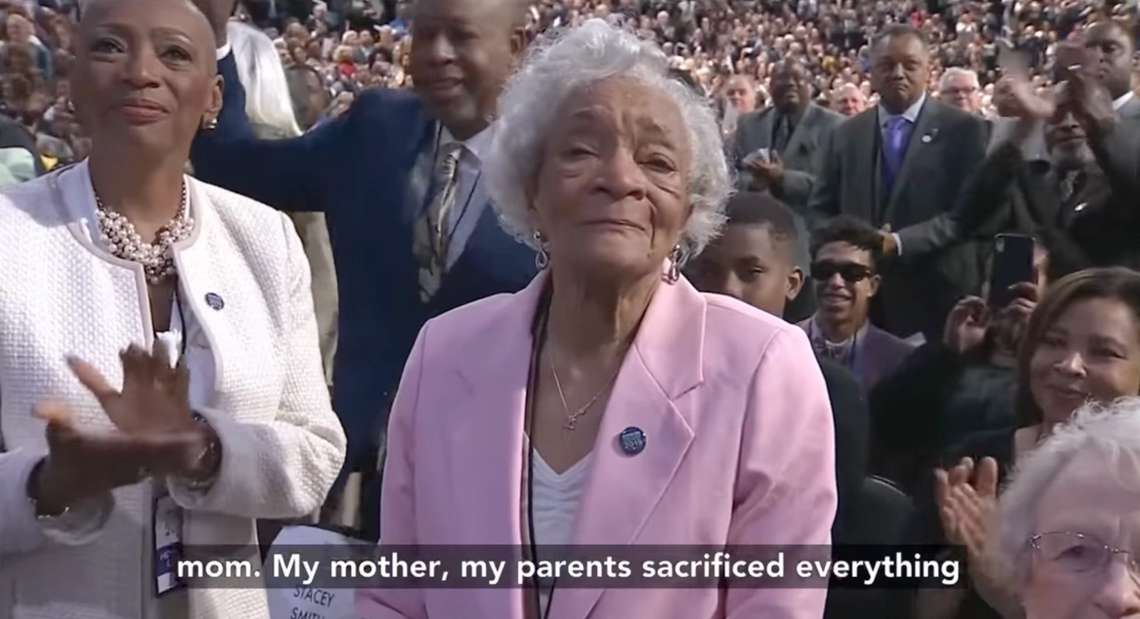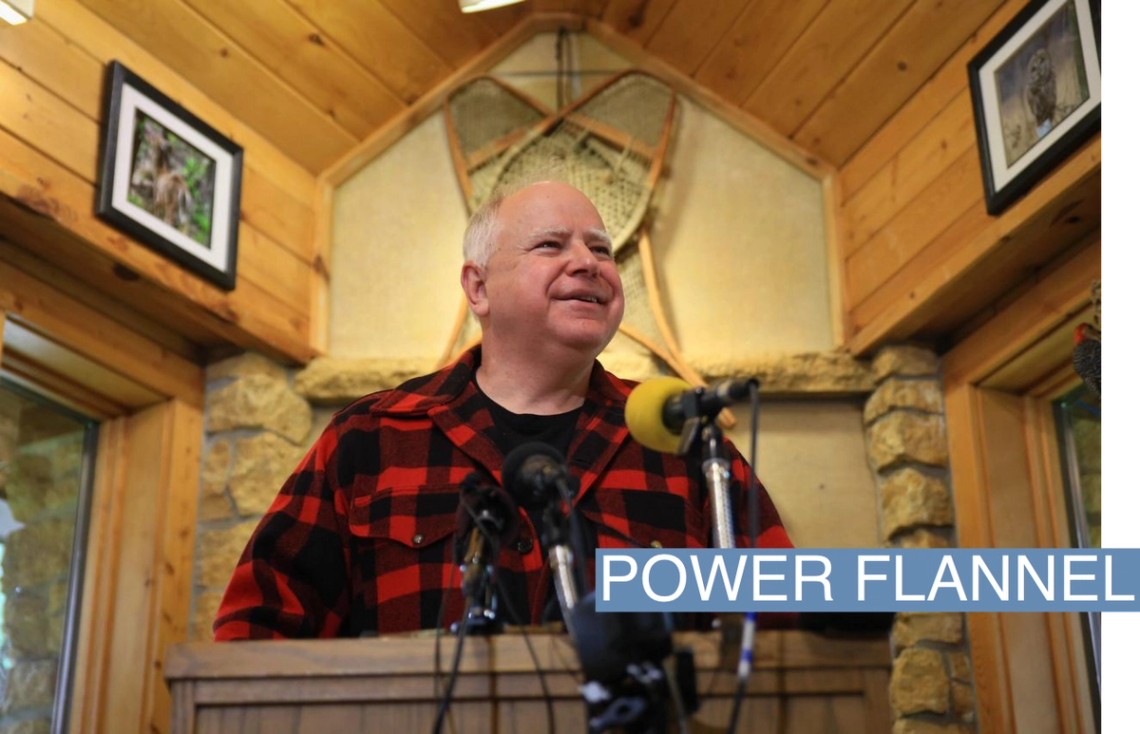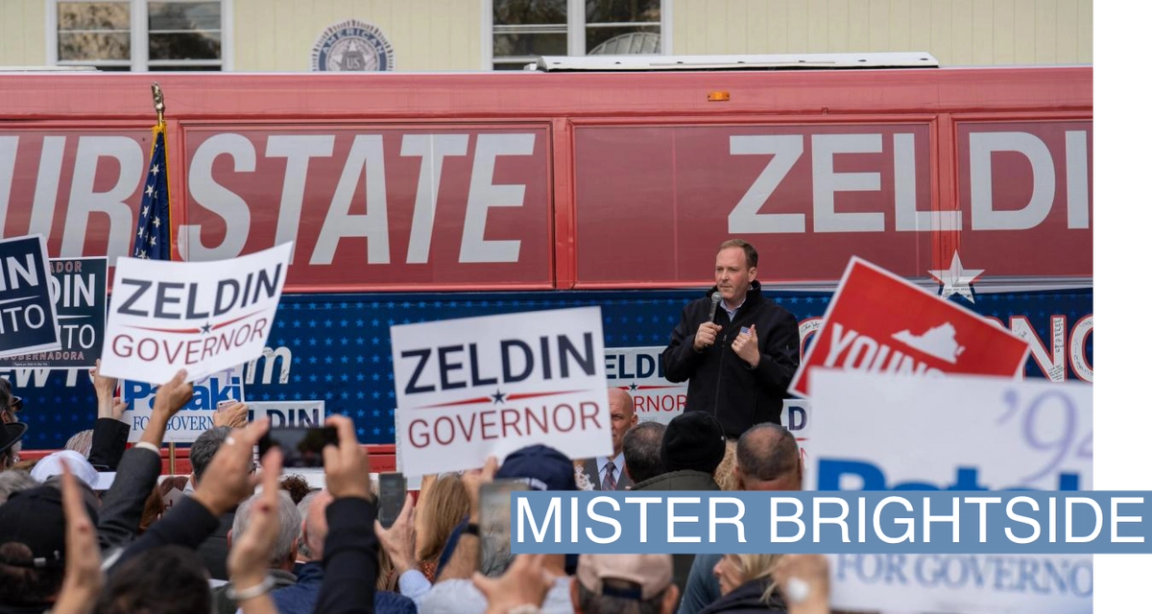 Photo: Flickr/Spirit of Virginia THE NEWS In three weeks, Rep. Lee Zeldin, R-N.Y. won’t be a member of Congress. He decided not to run for RNC chair, declaring the race “pre-baked” for Ronna McDaniel. While his personal poll numbers surged after his loss to Gov. Kathy Hochul, in which he pulled unusually close for an Empire State Republican, there’s nothing for him to run for. Yet Zeldin’s 2022 campaign is still paying dividends for Republicans, who won the House majority thanks to upsets in upstate New York and Long Island where candidates rode his electoral coattails. At the same time, conservatives are practically begging for him to play some kind of future role in the party, to the point where they’ve floated his name as a potential alternative to Rep. Kevin McCarthy, R-Calif. for House speaker. “This is the Lee Zeldin majority,” Rep. Ben Cline, R-Va. said earlier this month. “Because Zeldin has delivered these New York seats for Republicans in Biden districts.” DAVE’S VIEW In some ways, Zeldin’s position parallels the situation that greeted Democrats Beto O’Rourke and Stacey Abrams in Texas and Georgia after the 2018 elections. They too found themselves as losing candidates with new stardom after coming within striking distance in underdog races, and party leaders were eager to invest more in their state and replicate their message elsewhere. It makes sense that the GOP would look to Zeldin as a new guiding light. Republicans made their most dramatic 2022 gains in two states: Florida and New York. In Florida, Gov. Ron DeSantis took office with the GOP in command of the state, and expanded its appeal with an enormous fundraising advantage over Democrats and an aggressively gerrymandered new congressional map. Zeldin couldn’t rely on either — he cut into the Democrats’ cash lead only when super PACs rushed in — and his tactics are seen as more replicable in blue and purple states. Zeldin’s boosters described two tactics that other Republicans could and should copy, whatever he does next. First — much like O’Rourke in rural Texas — Zeldin campaigned in places where the party was typically not competitive, to shrink the Democrats’ win margin. And time spent in New York’s outer boroughs paid off. In 2018, when Rep.-elect Marc Molinaro was running for governor, he won just 18.3% of the vote in Queens. Zeldin doubled that, building on GOP gains among Asian and Jewish voters that Democrats first saw in the 2021 city elections and did nothing to reverse. “You can’t write off big states like New York or California, just because they have a Democratic enrollment advantage,” said Rep.-elect Mike Lawler, who ousted Democratic campaign chair Rep. Sean Patrick Maloney in a new seat in the city’s northern suburbs. Zeldin was a rare midterm candidate who was closely associated with Trump, but managed not to be defined principally as a MAGA warrior in his own run. He also made some concessions to the state’s electorate that some less successful candidates were reluctant to embrace, including an ad promising not to change the state’s abortion law. But the real key to Zeldin’s identity as a candidate, supporters argue, was his relentless focus on crime — a theme for Republicans across the country, but usually one of several. After winning the nomination with a mix of messages, Zeldin never let up on crime, and Democrats were slow to defend their record of reforming cash bail. After a shooting near the candidate’s home, weeks before the election, Brabender rushed a crew there and cut an ad with Zeldin’s family. “His willingness to look into the camera and be very frank with voters was very, very helpful,” said Molinaro. Of course, O’Rourke and Abrams can also be viewed as cautionary tales. Their losses this year became lessons for Democrats on how not to spend political capital, with Democrats fretting that their time in the national spotlight compromised the close-to-home appeal that had made them competitive. “Some candidates develop a certain amount of fame from quasi-successful runs, and when that stops after the election, they hunger for it,” said Zeldin media consultant John Brabender. “That’s not Lee’s personality.” Speculation about Zeldin’s own plans has moved on to potential roles in New York. He won Suffolk County, where he’d won all his other races, by 18 points; the county executive job, held by Democrats since 2003, is up next year. Republicans give Zeldin more credit for the party’s good year than outgoing party chair Nick Langworthy, who won a seat in Congress last month; the party will elect a new chair next year. “Lee Zeldin did this on his own,” said Republican strategist Michael R. Caputo, who managed businessman Carl Paladino’s 2010 run for governor, when Zeldin was a candidate for state Senate. “He changed the face of Washington, D.C. by sheer force of will. There has to be a role for him, somewhere in the party, to replicate what he did in New York across the country.” ROOM FOR DISAGREEMENT Some Democrats argue Zeldin received a unique boost from a divided and dysfunctional state party that had problems unlikely to be reproduced elsewhere. In particular, progressives fumed at New York City Mayor Eric Adams, a Democrat, for feeding fears of out-of-control crime in the local press and blaming the Democratic governor and state legislature. NOTABLE - Over at The Liberal Patriot, Ruy Teixeira warns that progressives are too confident about their power in the suburbs and “have a touching faith that the anti-MAGA playbook will work anytime anywhere.”
| 



